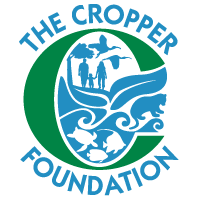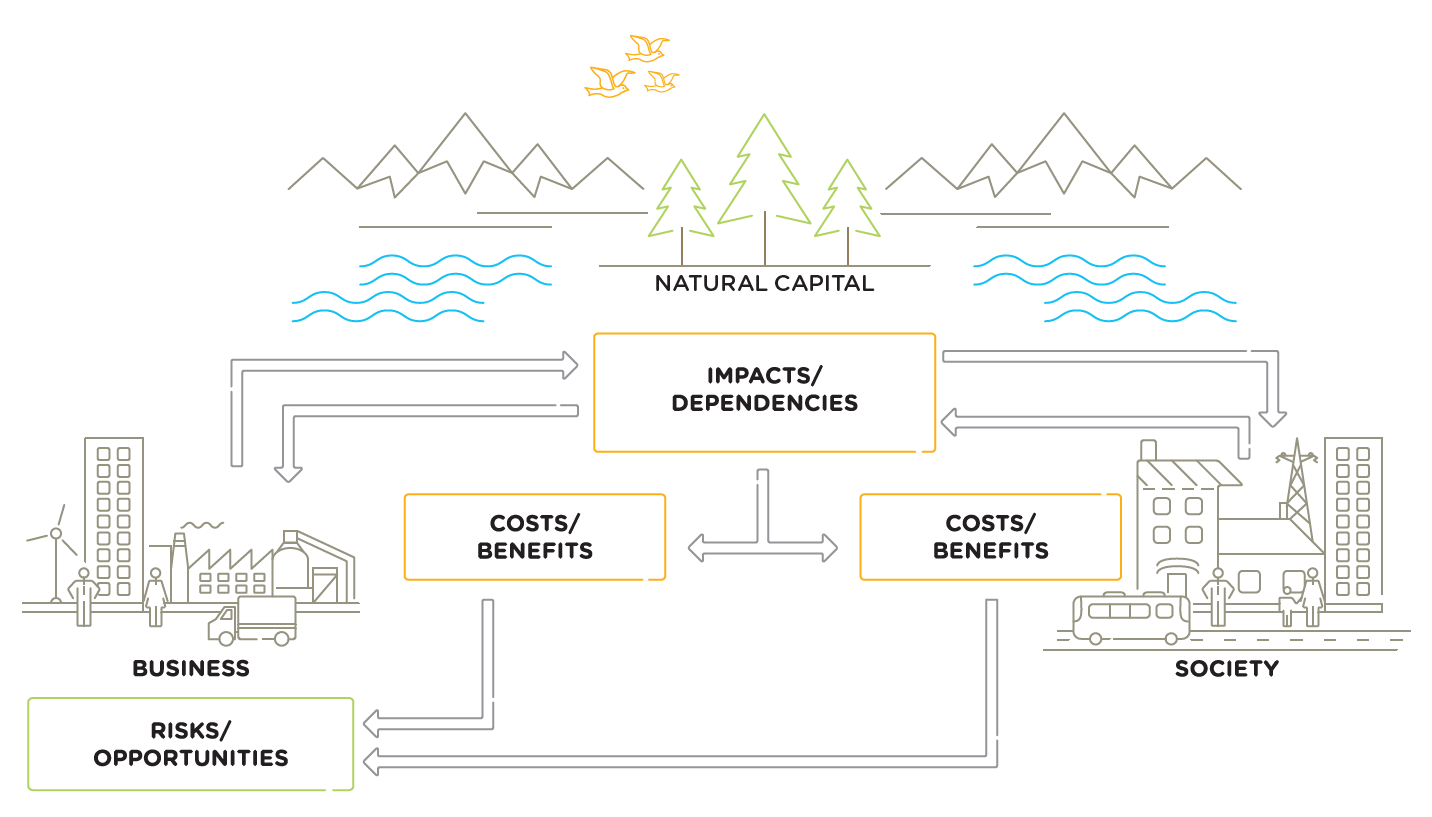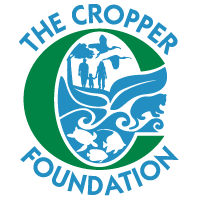Natural capital is another term for the stock of renewable and non-renewable resources (e.g. plants, animals, air, water, soils, minerals) that combine to yield a flow of benefits to people. All this means is that any part of the natural world that benefits people, or that underpins the provision of benefits to people, is a form of natural capital.
Natural capital is a stock, and from it flows ecosystem services or benefits. These services (where service is defined as ‘a system supplying a public need’) can provide economic, social, environmental, cultural, spiritual or eudemonic benefits, and the value of these benefits be understood in qualitative or quantitative (including economic) terms, depending on the context.



